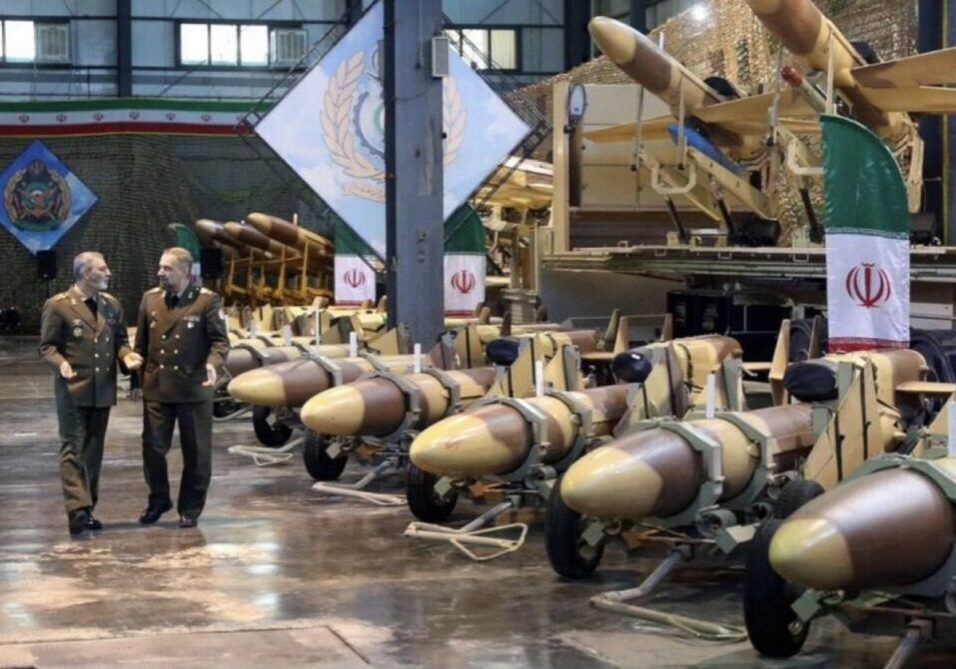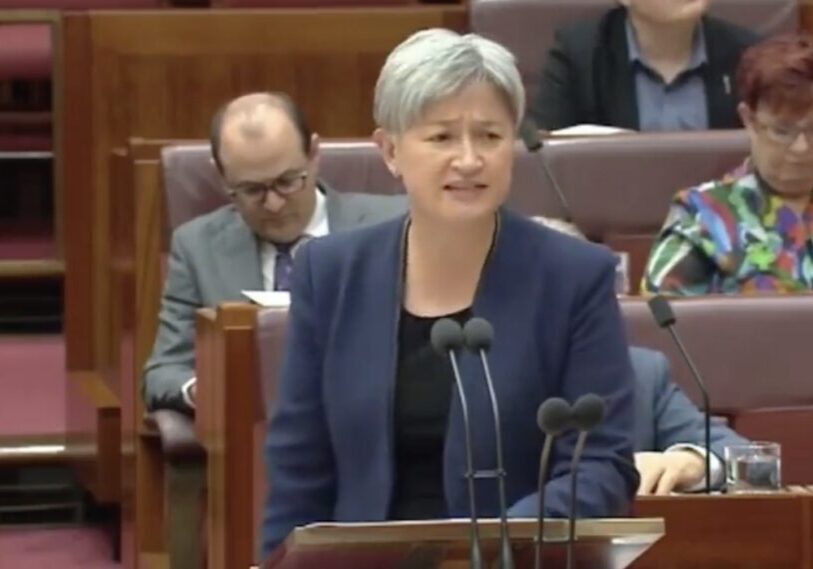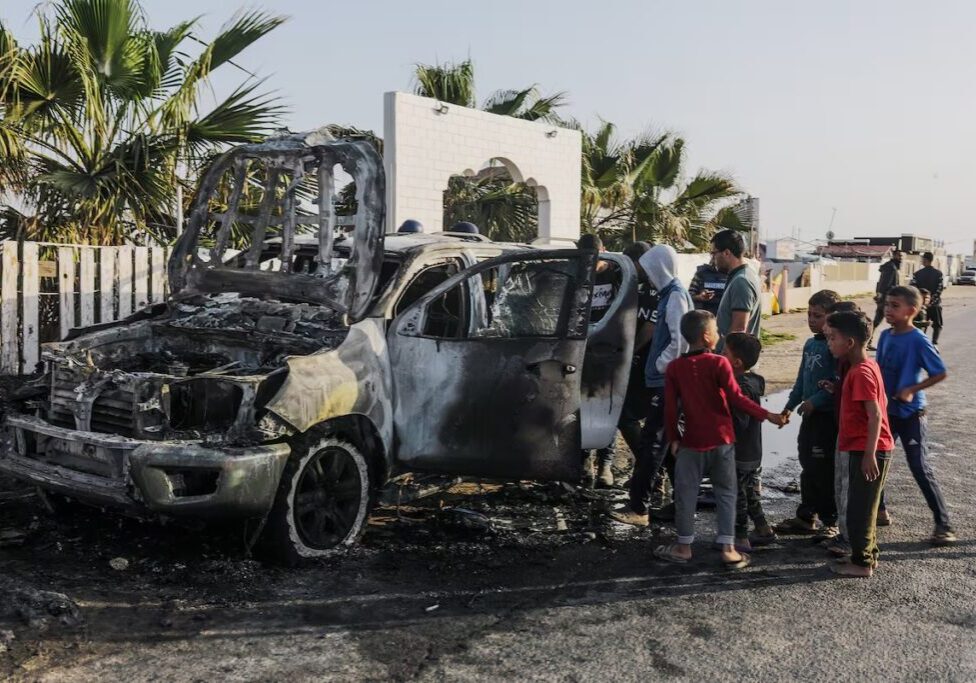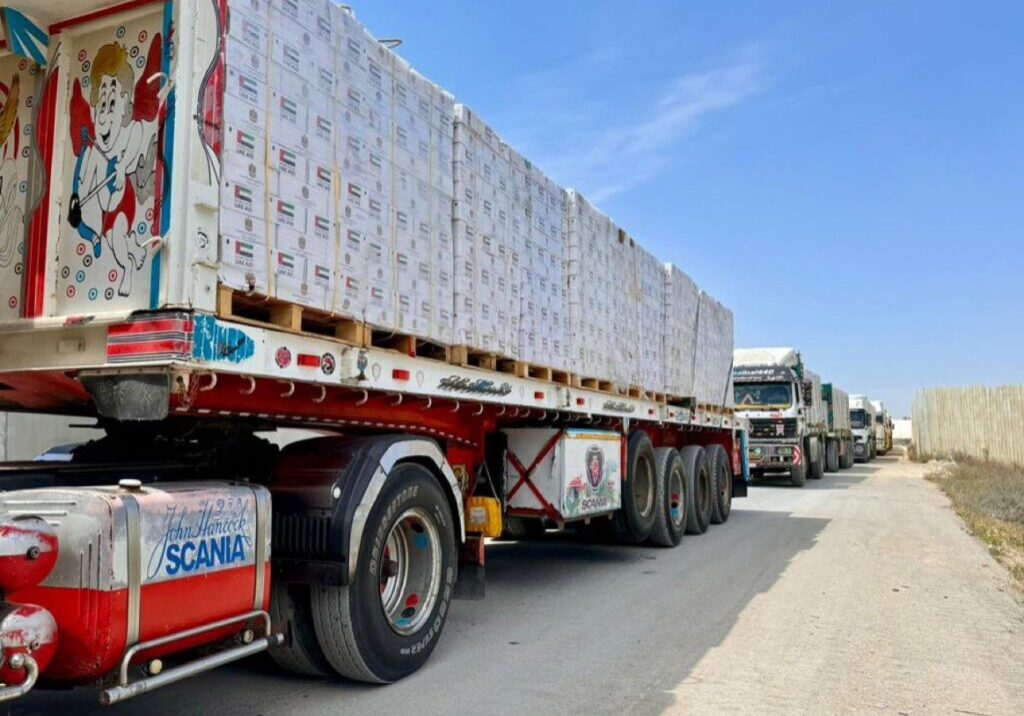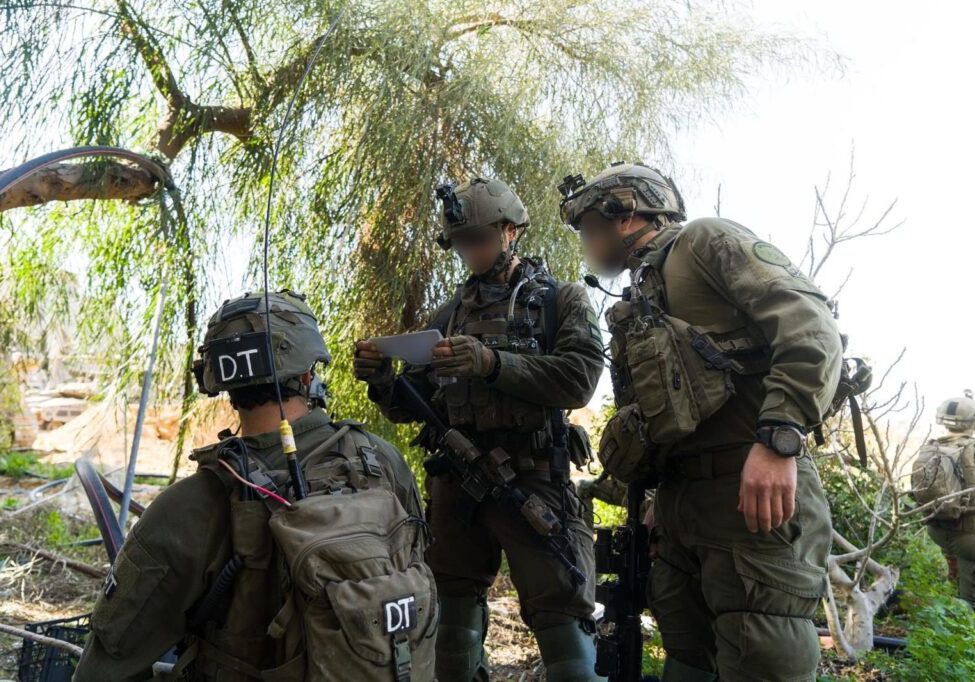Australia/Israel Review
Editorial: Time’s Up
Dec 18, 2009 | Colin Rubenstein
Colin Rubenstein
When US President Barack Obama took office in January, he made clear that Iranian nuclear weapons ambitions were unacceptable to the US but that he wanted to negotiate in good faith an end to all the misunderstandings and misgivings between the two countries. Critics warned that such an engagement effort would allow Iran to continue spinning out the negotiating process with hints at possible agreement while using the time gained to advance its nuclear efforts. To dispel these fears, Obama set a deadline for positive Iranian movement – the end of the year.
2009 is over and Iran has not only refused to move in a positive direction, it has made matters worse.
Not only has it failed to freeze its uranium enrichment, despite numerous binding UN Security Council resolutions demanding it do so, but the International Atomic Energy Agency (IAEA) uncovered a second secret enrichment plant in its final stages of construction, torpedoing all Iranian attempts at explaining its nuclear program as civilian in nature. Even outgoing IAEA Secretary General Mohamed ElBaradei – who consistently sought to divert all efforts to significantly pressure Iran to comply with its obligations – was finally critical of the regime (see Asculai p.24).
When the IAEA censured Iran for its duplicity, the Islamic Republic retorted that it has plans to build 10 more enrichment plants, then quickly doubled that number. Meanwhile, officials began hinting Iran might withdraw from the Nuclear Non-Proliferation Treaty.
The deadline offered by Obama and backed by the world has arrived. Many other deadlines and timelines given by the West and ignored by Iran have come and gone. But this deadline is different. It was declared by Obama, a president no one can accuse of refusing to sincerely engage the Iranian regime in a search for a diplomatic solution. The President even downplayed criticism of Iran’s violent suppression of the democratic opposition movement following the fraudulent June elections in Iran. Having conceded the Iranians an entire year to negotiate, the President is now indicating that the time is up for pure diplomacy and serious sanctions are looming. It goes without saying that President Obama’s, and the international community’s, credibility will be irreparably damaged if he allows this deadline to pass without decisive action.
But this deadline also comes at a timely juncture because the Iranian opposition movement is growing in strength and boldness, while the regime has lost all domestic legitimacy. The regime’s violent attempts to suppress the opposition have only radicalised it, with calls for a change in the election result morphing into demands for a change in regime. Where protesters once chanted “Where is my vote?”, now “Death to the dictator”, “Iranian Republic, not Islamic Republic” and similar slogans are prominent.
The growing traction of the internal revolution is what the regime most fears. Significant sanctions now could further escalate domestic unrest – as would pressure on the regime over its gross human rights violations.
If the US and European Union want to avoid the associated horrors of an Iranian nuclear bomb and the costs of a military attack to pre-empt it, either the UN Security Council must impose meaningful, enforceable and targeted sanctions against Iran or the US, with like-minded allies including the EU and Australia, will have to do it themselves.
Convincing UN veto holders China and Russia will be difficult, though not impossible. China has investments in Iran estimated at US$120 billion, and Iran is one of China’s biggest oil suppliers. However, there is little doubt Saudi Arabia and other Arab countries, privately very fearful of growing Iranian power, will be willing to fill any petroleum gap at comparable prices.
On the Russian front, Iranian-American tension is seen as beneficial by Moscow, which seeks to bolster its own regional stature by supporting Washington’s chief rival in the Middle East. Nonetheless, it may be possible to convince Russia that a nuclear Iran also seriously threatens Russian interests.
However, very promisingly, President Obama is continuing the Bush strategy devised and still executed by the US Treasury Department’s Stuart Levey to implement effective targeted sanctions against Iran without either China or Russia. (See the important story, “Obama’s Enforcer” by Michael Hirsh and Michael Isikoff – Newsweek, Dec. 12 – www.newsweek.com/id/226495).
The most effective sanctions would be aimed at the reviled Iranian Revolutionary Guard Corps and its growing control of the economy and particularly of the energy sector. The US is developing the wherewithal to effectively stop Iran’s import of some 40% of its refined petroleum products by regulating or boycotting oil firms which sell to Iran, as well as the shipping, insurance and financial companies facilitating this trade. The choice the US can impose on these companies is potent: either continue trade with Iran or continue business in the US!
In a country whose citizens are accustomed to subsidised petrol, this strategy alone could have dramatic effects. Back in 2007, when Iran attempted to introduce petrol rationing, violent protests were the result.
Meanwhile, 40% of Iran’s exports go to the EU, but EU sales to Iran make up only one percent of worldwide EU exports. A blanket EU sanctions regime against Iran, similar to that which the US already has in place, would hurt Europe, but cripple Iran.
A newly assertive President Obama appears reconciled to dealing with the world as it is, acknowledging evil does exist and clearly losing patience with Iran. Secretary of State Hillary Clinton, in Latin America recently, warned Venezuela and Bolivia not to “flirt with Iran”. Meanwhile, it was reassuring to read Australian Foreign Minister Stephen Smith’s recent statement that the government is “greatly troubled” by Iran’s nuclear program, and belief that “further UN or autonomous sanctions” must be considered if progress is not made soon.
The time for upgraded sanctions against Iran has surely, unequivocally, arrived.
Tags: International Security

